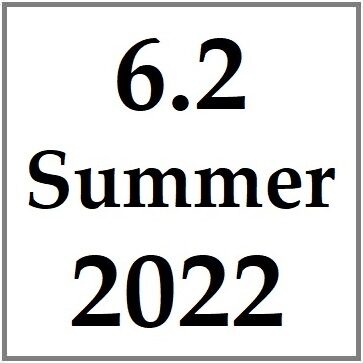Some of It Was Gold
Sarah Moon
Keywords: theater; live performance
Categories: Arting/Crafting/Making in a Crisis; Building Community in Isolating Times
It was a message in a bottle. All non-mass emails felt like that in those early uncertain days of Covid. One thrilled to see them appear out of the abyss. One opened them as though unrolling a precious, damp scroll. Some news, some hope, maybe, or at least commiseration from another isolated human would be found therein. This one was from an actor friend I’d known for many years.
In 2008, I was writing a play about the history of electricity and mountaintop removal coal mining. An actor named Martin Pfefferkorn answered my audition call and I cast him as Nikola Tesla in my play. Martin turned out to be a kind of angel, fully willing to support my sometimes shaky artistic vision across multiple drafts and subsequent projects. Twelve years went by. I’d moved away from New York, gotten married, gotten a PhD, had two children, and Martin was still sending me notices of his appearances in TV and film as well as appearances of Tesla in pop culture. He always used a unique form of writing. The email I received in August 2020 was the one that felt like a message in a bottle. I shared some of what was happening in my life. He responded (shared with permission):
SO nic 2 hear frm U - Hangn in, lik evrbdy els - Spkn plays, 1 thngs thts kpt me occupied (1 nit outa wk anywa) is I hlp run Plywrghts Wrkshp (tht I uzd 2 go 2) - Also, got involvd w/frnds Radio Thrtr grp; wev dun Tempst (bein editd) n procss rcrdng Xmas Carol - Will also b strmng LIVE 4 Halloween (prbly Poe) - Twst is, its nt ONLY jst audio but visuals also; as if Ur watchn thm perfrm n Studio - Old Schl meets Nu Tech lol - I MAY soon b rtrng 2 Stvn Kng serz I wuz suppsd 2 strt n Mar; well C
I responded by sharing some of my own creative news, that I’d been collaborating on the first full-length play I’d written in years, and that I’d written a radio play adaptation of a WWI novel called Not So Quiet. He asked to read it.
A month later, I was talking to Martin’s friend Bob Rutan about producing Not So Quiet. I was elated to have the opportunity to share this piece with a director and actors. In January of 2021, we recorded the performance. Bob added historical images from WWI, and our sound editor added sound effects and music. It was fascinating to hear this piece that had first entered my life in 2015 as an assigned reading in my WWI Literature course come to life through a chorus of voices. Rehearsal—with a screen full of beautiful, talented, mostly female actors—was a lifeline in the winter of 2021.
Coming to me as they were through a screen, it felt almost too empowering. Here were all these incredible talents bringing the words I’d adapted to life, just inches in front of me. I couldn’t look at them for most of the reading; it was too phenomenologically hot for me. It made me think about the inherent distance between performer and audience in the theater, the way that, as a playwright, viewing a reading or production of my work, I longed to sit in the furthest dark corners of the house.
I longed then for presence and connection, but connection that included some level of distance and diffusion. The Zoom Room instead produces the effect of foreshortening the usual distance and lost-in-a-crowdness we enjoy as we observe and listen to a performance live. In a typical theater, one is one among 25, 50, 99, 250 or more. By virtue of this ratio, one becomes negligible as an individual. I missed that experience very much.
But I loved the final product of the recording, just voices with a kind of slide show of related images. Watching this, I could feel the same sense of desirable balance between connection and distance that the theater provides.
A message in a bottle produces a sense of intimacy when, in actuality, many miles—and perhaps limits to traversing them—exist between the author and the reader. It is almost by virtue of this distance that a sense of delight and even magic arrives along with the words. There is a mind moving, a parallel existence unfolding, one realizes, without being able to see it or intersect with it. One retains one’s protective solitude while being in communion with another.
During Covid, our computers became the bottles. True, much of what they delivered was just trash. But some of it was gold. When this time is past, I won’t forget what those messages meant to me.
Bio
Dr. Sarah Moon is an Assistant Professor of Humanities at Massachusetts Maritime Academy. Her work has been published in Community Literacy Journal, Literacy in Composition Studies, H-Net Nutrition and Center for Sustainable Practices in the Arts. Her essay “The Room Where It Happen(ed)” is forthcoming in the book The Art of Touch: A Collection of Prose and Poetry from the Pandemic and Beyond from University of Georgia press. She is the founder and director of community writing and performance project Write Your Roots and Composition pedagogy collective Teaching Democracy.
